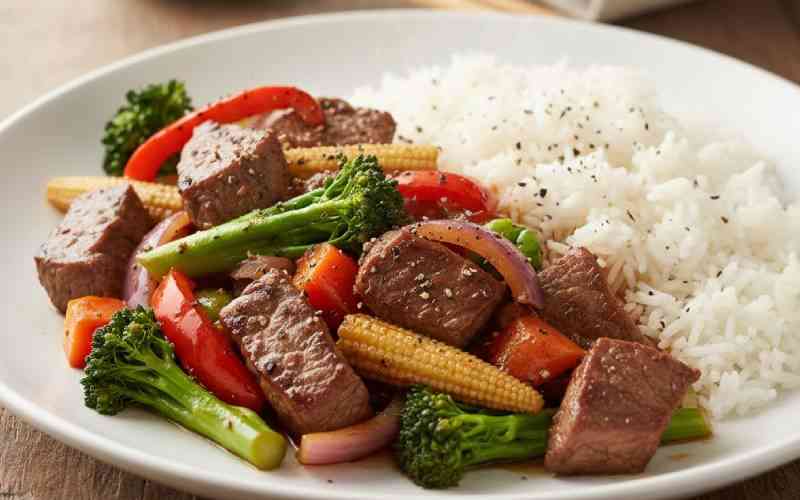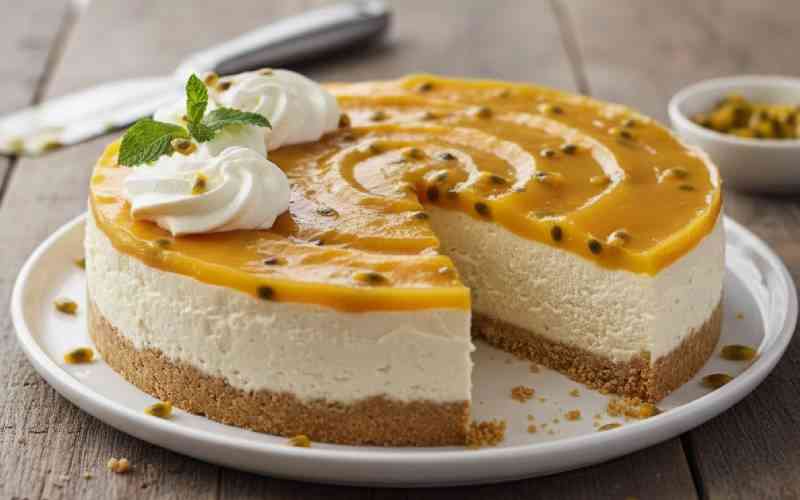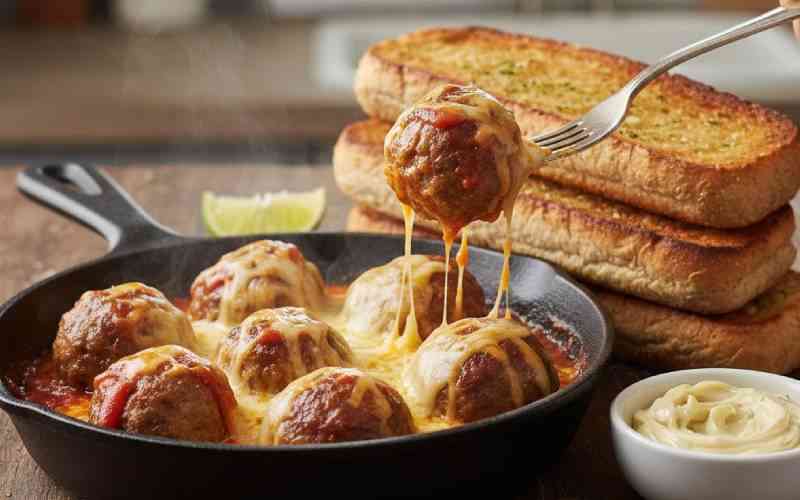
One of the best ways to save time during a busy work week while ensuring that you eat healthily is to meal prep. Taking the time to plan, shop for and prepare your meals beforehand means that come mealtime, whether or not you’re working from home, all you need to do is open your fridge and you have food ready.
However, it’s not uncommon to feel put off by your pre-prepared meals. This can happen for a variety of reasons making you leave your meals in the fridge for too long so that they go bad and you’re forced to throw them out. The result? Wasted groceries and money and more nights eating unhealthy meals.
If you’re thinking about meal prepping here are some common mistakes you should avoid.
1. Dirty containers
Food containers with bits of old food stuck on them, food smells or a layer of oil clinging to the sides can be off-putting. Dirty food containers can alter the flavour of your food and sometimes can make the food go bad.
When washing your food storage containers, ensure that you get them completely clean. If there are pieces of food stuck on them, soak in some water to soften the food particles before washing them. To remove an oil film, wash with stronger detergent and hot water. This will ensure that your food containers will be clean and fragrance free for the next round of meal prep.

2. Large portions of food
Food can still go bad even if you’re storing it in the fridge. And nothing is as discouraging as food that looks or smells like it is going bad.
To ensure that your meals are as fresh as when you prepared them, set aside two days for meal prep instead of preparing a week’s worth of meals on one day. You could also store food that you intend to eat later in the week in the freezer to maintain freshness.
You should also store food in smaller portions so that you only heat up what you intend to eat at any given time.
3. Fridge at the wrong temperature
A fridge that is too warm will make it easier for bacteria to thrive, thus your food will go bad faster. The cooler your fridge the better.

4. Not storing food properly
Food that isn’t stored properly will not only go bad but looks unsightly. Storing wet foods in the same container as dry foods will make the latter soggy. Salads stored with dressing will wilt and lose their crispness.
When packing up your meals, keep dry food in a different container than wet foods. Keep salads in sealed bags or airtight containers and the dressing should stay in a separate container until you are ready to eat.
5. Eating bad food
If you store food for too long, you’re bound to forget how long it’s been there. And eating bad food will definitely put you off meal prepping for good.
Bad food often has a change of smell or appearance. To reduce chances of your food going bad before you have a chance to eat it, label it well, indicating when you made it. Store older foods where you can reach them first before consuming newer foods.
 The Standard Group Plc is a multi-media organization with investments in media
platforms spanning newspaper print
operations, television, radio broadcasting, digital and online services. The
Standard Group is recognized as a
leading multi-media house in Kenya with a key influence in matters of national
and international interest.
The Standard Group Plc is a multi-media organization with investments in media
platforms spanning newspaper print
operations, television, radio broadcasting, digital and online services. The
Standard Group is recognized as a
leading multi-media house in Kenya with a key influence in matters of national
and international interest.










